Description
Island: Sulawesi
Locationt: Rantepao, Buntu Pepasan, North Toraja
Sub district: of
Altitude: 1800-2100 masl
Varietals: S795 & Typica
Producer: the PPKT cooperative of Toraja
In the cup: Sweet notes of caramel, yellow fruits, chocolate, raisins and spices
A new solar drying house was recently constructed at the cooperative office in Rantepao, with drying, storage and shipment protocol all refined to push forward quality.
This harvest in Toraja was down from previous years due to the same weather patterns that drastically reduced yields in Java, Flores, East Timor, and PNG. Limited availability led to extreme price volatility in the local markets and many traders decided to sit the season out. This lot was purchased directly from the farmer’s cooperative and bypasses the middle-men & large foreign companies that typically compete in and dominate this market.
About Sulawesi
Sulawesi coffee accounts for only a fraction of Indonesia’s total coffee exports (about 2%), and yet this regional production centre is an important supplier of the rapidly growing international specialty coffee sector.
Annual production in Toraja is limited to some 2,000 tonnes and yields are very low by global standards (perhaps only 150kg of processed green beans per hectare).
Given the strong international demand for this coffee, there exists significant potential to raise rural incomes through: i) enhanced farm productivity, and ii) improved farmer organisation leading to improved prices.
The estimated size of the southern Sulawesi Arabica coffee industry is 7,000 tonnes, with production spread across the Districts of Toraja, Enrekang, Gowa and Sinjai in South Sulawesi, and in the Mamasa District of West Sulawesi. Exports are channelled through the Makassar port (official data suggests annual exports averaging between 3,000 and 4,000 tonnes over the last five years), with some interregional trade to Surabaya, Jakarta and Medan. A smaller volume of Robusta coffee (roughly estimated at 3,000 tonnes) is also produced in South and West Sulawesi, which for the most part is consumed locally (less than 500 tonnes is currently exported).
(Info courtesy of MTC Group)

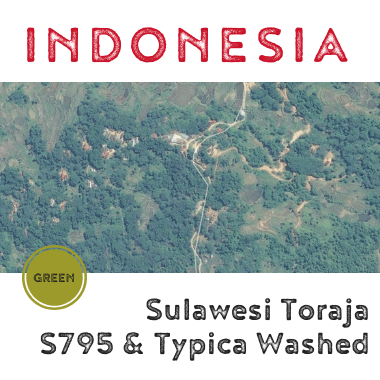
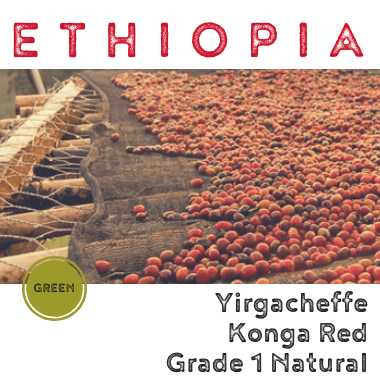
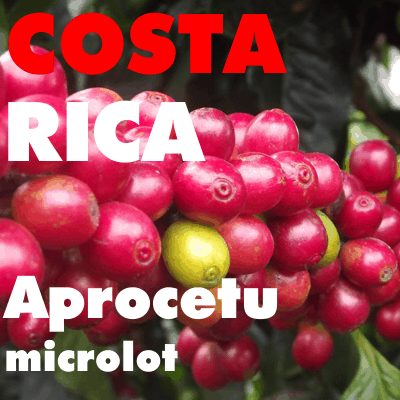
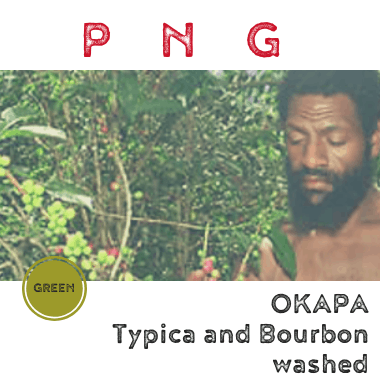
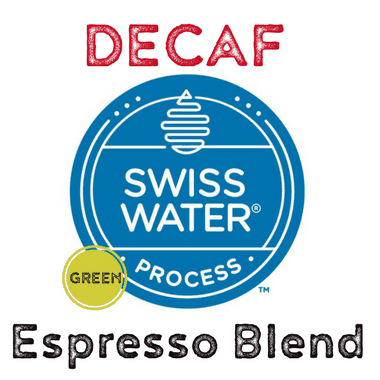
Reviews
There are no reviews yet.